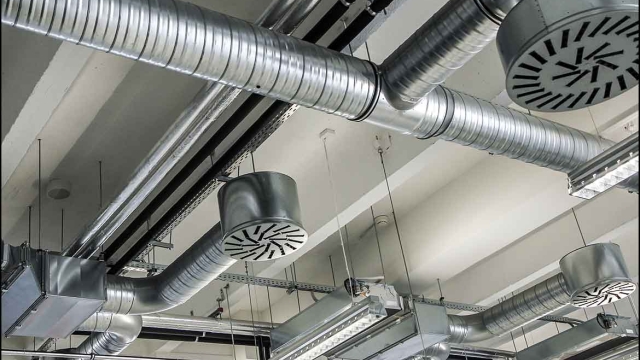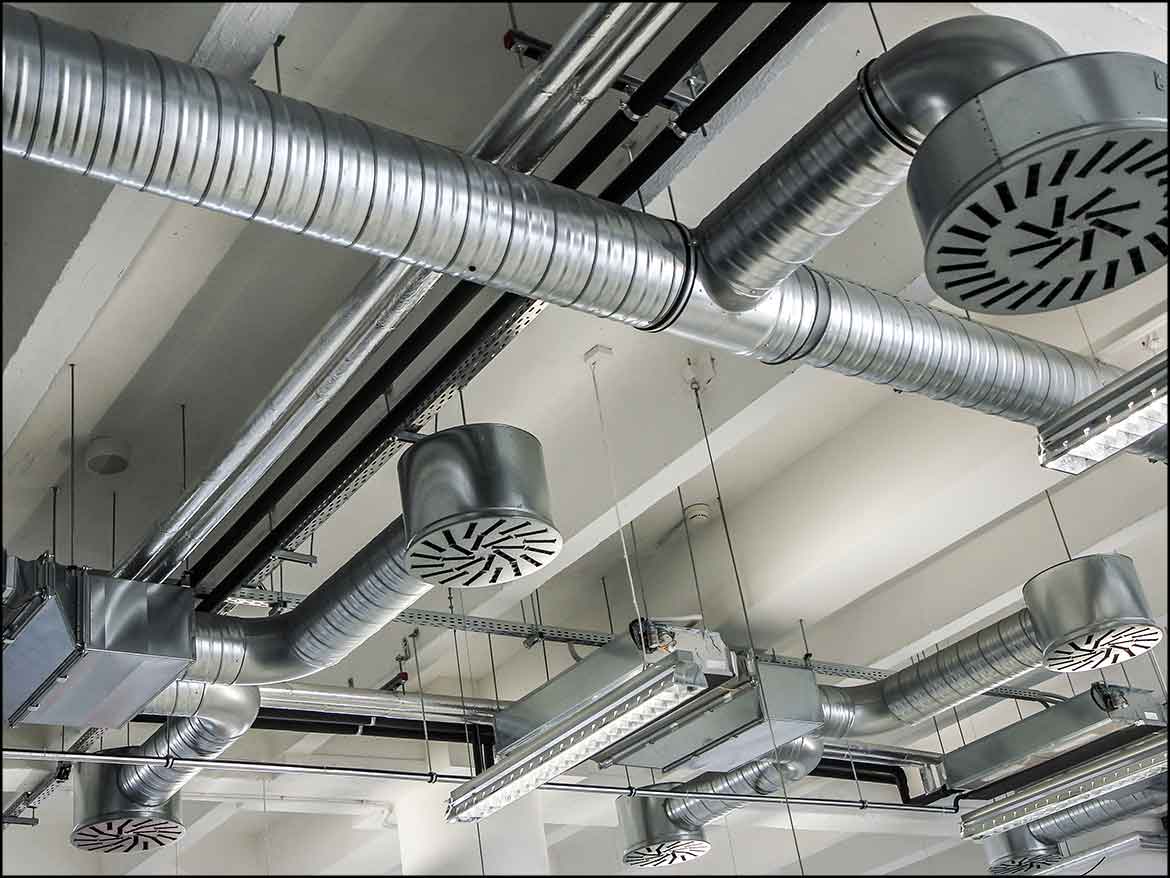Climate Control Chronicles: Mastering Your Indoor Comfort
Joe Howard -

In today’s fast-paced world, maintaining a comfortable indoor environment has become an essential aspect of our daily lives. Whether battling the sweltering heat of summer or seeking warmth during chilly winter nights, efficient heating and air conditioning systems play a crucial role in regulating our home climates. As the seasons change, our dependence on these systems highlights the importance of understanding and mastering indoor comfort.
Navigating the realm of heating and air conditioning can often feel overwhelming, with numerous options and technologies available at our fingertips. From traditional furnaces to modern heat pumps and energy-efficient air conditioning units, making informed choices can significantly impact not only our comfort but also our energy bills and environmental footprint. In this article, we will delve into the intricacies of heating and air conditioning, exploring tips, tricks, and innovation that can help you create and maintain the perfect indoor oasis.
Understanding HVAC Systems
Heating and air conditioning systems, commonly referred to as HVAC, are essential for maintaining a comfortable indoor environment. These systems regulate temperature, humidity, and air quality, providing relief from extreme weather conditions. By using a combination of heating and cooling methods, HVAC systems ensure that indoor spaces remain comfortable regardless of the season. Understanding how these systems work can help homeowners make informed decisions about their heating and cooling needs.
HVAC systems typically consist of several key components, including furnaces, air conditioners, heat pumps, and ventilation systems. Furnaces generate heat through various fuels, while air conditioners extract heat from indoor air to cool spaces. Heat pumps are versatile systems that can provide both heating and cooling by reversing the flow of refrigerant. Ventilation is crucial for maintaining air quality and ensuring proper airflow throughout the home, making it an integral part of the HVAC system.
Modern HVAC technologies have advanced significantly, incorporating smart thermostats and energy-efficient designs. These innovations allow users to optimize energy consumption while maintaining comfort. Additionally, regular maintenance of HVAC systems, such as changing filters and scheduling service checks, contributes to their efficiency and prolongs their lifespan. Understanding these systems is the first step towards mastering your indoor comfort and effectively managing heating and air conditioning in your home.
Energy Efficiency Tips
To enhance the energy efficiency of your heating and air conditioning systems, regular maintenance is essential. Schedule professional inspections at least once a year to ensure that your units are operating at peak efficiency. Cleaning or replacing filters can significantly improve airflow and system performance. Additionally, checking for any leaks in ductwork and sealing them can prevent energy loss, ultimately reducing your monthly utility bills.
Optimizing your thermostat settings can also lead to noticeable savings. Utilizing a programmable thermostat allows you to set different temperatures for various times of the day, ensuring that you are not heating or cooling your home unnecessarily while you’re away. In the winter, aim to set your thermostat a bit lower during the night or when you’re out, and in the summer, raising it a few degrees can make a substantial difference in energy consumption without sacrificing comfort.
https://www.bostonconstruct.com
Another effective strategy is to improve your home’s insulation. Proper insulation in your walls, attic, and floors helps maintain your desired indoor temperature by reducing the amount of heat lost in the winter and keeping your home cooler in the summer. Additionally, installing energy-efficient windows or adding window treatments can minimize heat transfer, further supporting the performance of your heating and air conditioning systems.
Maintaining Indoor Air Quality
Ensuring high indoor air quality is essential for both comfort and health. Effective heating and air conditioning systems play a critical role in achieving this. Regular maintenance of your HVAC system helps to filter out dust, pollen, and other allergens that can accumulate over time. Changing filters frequently and scheduling professional inspections can enhance airflow and efficiency, leading to cleaner air circulating through your living spaces.
Moreover, incorporating air purifiers can complement your HVAC system in maintaining indoor air quality. These devices help in minimizing pollutants and can be especially beneficial in households with allergies or respiratory issues. Additionally, proper humidity control is vital, as excessive moisture can foster mold growth and dust mites. Utilizing your air conditioning system during humid months helps to manage humidity levels effectively.
Lastly, ensuring good ventilation is another important factor in air quality. Opening windows and using exhaust fans can help bring in fresh air and reduce indoor pollutants. In spaces where outdoor air cannot be utilized, a heat recovery ventilator or an energy recovery ventilator may provide a great solution. Combining these practices with your heating and air conditioning systems will create a healthier indoor environment that promotes overall well-being.
Archives
- January 2026
- December 2025
- November 2025
- October 2025
- September 2025
- August 2025
- July 2025
- June 2025
- May 2025
- April 2025
- March 2025
- February 2025
- January 2025
- December 2024
- March 2024
- February 2024
- January 2024
- December 2023
- November 2023
- October 2023
- September 2023
- August 2023
- July 2023
- June 2023
- May 2023
- April 2023
- March 2023
- February 2023
- January 2023
- December 2022
- November 2022
- October 2022
- September 2022
- August 2022
- July 2022
- June 2022
- May 2022
- April 2022
- March 2022
- February 2022
- January 2022